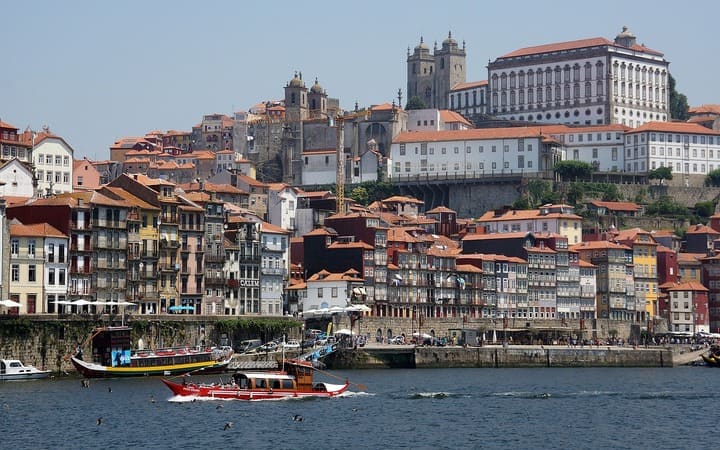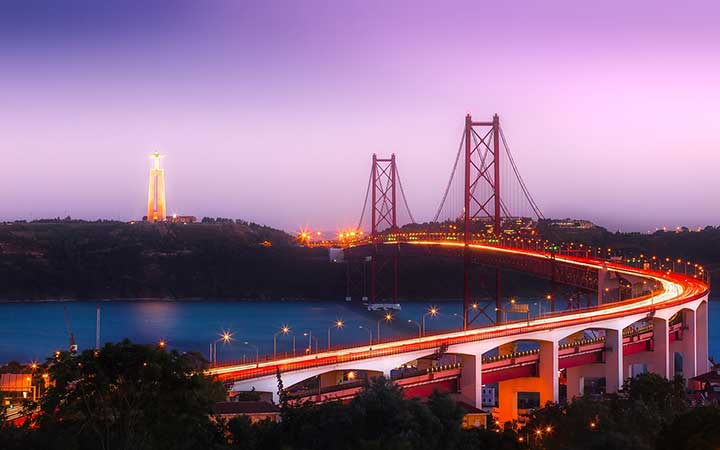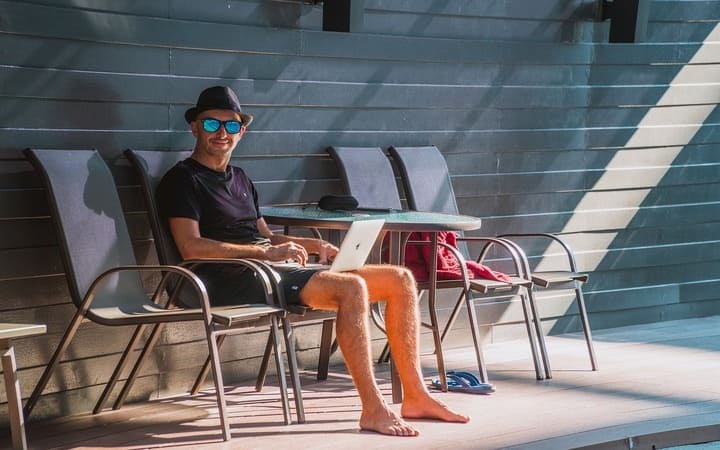How to get a residency in Portugal without investment
Residency in Europe opens up a range of opportunities for the resident, including visa-free travel to European and certain other countries, indefinite residence in the chosen country, a high standard of living, the right to pursue citizenship, and tax optimization. Investment residency programs are particularly attractive, offering wealthy individuals the opportunity to obtain residency, permanent residency, or citizenship in an accelerated format.
Several countries offer the simplest and easiest way to obtain residency in Europe through investment citizenship programs - Malta, Greece, and Portugal. The latter is becoming increasingly popular every year, with its government issuing 30% more residency cards in 2022 compared to the previous year. Most often, residency is obtained through the "Golden Visa" program, for which one must meet one of the following conditions: invest in real estate, an investment fund, a new or existing business with job creation, science or culture, or open a bank account. However, there is also another program that allows obtaining a residency permit in Portugal for UK citizens without investments - the D7 visa.
Residence permit without investment in Europe: what is the D7 visa?
The Portuguese D7 visa is a program that is perfect for those who want to live in Portugal without any restrictions. It does not require mandatory investment - to use it to obtain the cheapest residency in Europe, it is enough to have a confirmed passive income.
Along with the main applicant, family members - spouse and minor children - can also take advantage of the program.
The conditions of the program are as follows:
- Be a non-resident of EU and Switzerland.
- Have a permanent passive income outside Portugal (pension, dividends from investments or deposits, rental income, royalties).
- Observe the rule about the period of stay in the country - it is forbidden to leave the country for more than six consecutive months within one year, or eight unsequential months per year.
- Confirm a place of residence in Portugal (a lease agreement for at least 12 months or a purchase and sale agreement for residential real estate, a letter of confirmation from a citizen of the country about the applicant's placement on their residential territory).
- Confirm the availability of sufficient funds, according to the minimum wage in Portugal (760 euros/month).
- Have medical insurance that is valid in the EU.
Residence Permit Without Investment in Portugal: What are the advantages of the program?
For those wishing to take advantage of the residency program through the D7 visa, several benefits are available:
- Quick process for obtaining resident status.
- No requirement to invest monetary funds in the country's economy.
- Opportunity to become a citizen of the country quickly.
- No need to take a language proficiency test.
- Tax optimization.
- Visa-free travel within the Schengen Zone and the EU.
- Acquisition of rights equal to those of citizens of the country.
Quick process for obtaining resident status
Foreigners can obtain a residence permit in Portugal through various means, such as marriage, employment, or studying at a local university. Each process involves legal delays, which result in additional time-consuming procedures. For example, obtaining a residence permit through employment requires finding a job, waiting for the employer's permission to hire a foreigner, obtaining a resident visa, and then applying for residency. Even with the Golden Visa program, the process of obtaining resident status can take up to a year, while with the D7 visa, it typically takes 3-4 months.
No requirement to invest monetary funds in the country's economy
Citizenship investment programs usually require financial investments in the country's economy. Under Portugal's Golden Visa, applicants are obligated to invest between €250,000 and €500,000 by supporting culture and the arts, contributing to scientific research, purchasing real estate, or starting a business. However, for the D7 visa, it is sufficient to provide a bank statement with the minimum required amount specified by the program's conditions.
The opportunity to quickly become a citizen of the country arises.
Obtaining resident status through the D7 visa allows for obtaining a permanent residence permit after 5 years and citizenship after an additional year. Portugal allows dual citizenship, so there is no need to renounce one's original passport.
No language proficiency test is required.
Unlike citizenship, the residency status does not require the applicant to know the Portuguese language.
Tax optimization.
With resident status, the applicant automatically becomes a tax resident of the country, providing excellent opportunities for tax optimization. They can benefit from tax advantages for up to 10 years under the special tax status of Non-Habitual Resident (NHR):
- The income tax rate earned in Portugal is 20%.
- The tax rate for foreign pensions is 10%.
- No income tax on income earned outside Portugal (if the tax is paid in the resident's home country and a double taxation agreement is in place with Portugal).
- No property tax, gift tax, or inheritance tax.
- No tax on dividends, interest, or capital gains (if they are not received in a country on the list of tax havens).
Visa-free travel to countries in the Schengen Zone and the EU.
Residents of Portugal have the opportunity to visit EU countries, the Schengen Zone, Switzerland, and stay there for up to 90 days within a six-month period without a visa.
Acquisition of rights equal to those of citizens of the country.
Portugal is a country with a high standard of living, safety, a mild climate, and great opportunities. Residents have the same rights as citizens, including the ability to enroll their children in free state nurseries, kindergartens, and schools. After completing school, children can enter higher education institutions for free and obtain a European education.
By paying social contributions, residents can access free medical services in public hospitals, and having an insurance policy allows for treatment in private medical facilities.
Access to the country's banking system is also available. It is possible to open a bank account, apply for debit and credit cards, and make deposits.
Residency in Portugal for UK citizens: step-by-step process of obtaining a D7 visa
The D7 visa is issued by the consular representative of Portugal. To do this, you need to schedule an appointment through the official representation website, fill out a special form, print it, and sign it. Along with the form, you need to prepare the following documents:
- Copies of all pages of valid passports with translations.
- Two new photos sized 3.5x4.5.
- Insurance policy with coverage of at least 30,000 euros (for urgent medical services).
- Application for a criminal record check in Portugal by the Foreigners and Borders Service (for individuals aged 16 and older).
- Certificate of no criminal record for individuals aged 16 and older.
- Proof of the long-term глaccommodation in Portugal (notarized lease agreement, purchase agreement, or a letter of confirmation from a resident of the country regarding the applicant's accommodation on their premises).
- Notarized confirmation of the availability of the necessary amount of money.
You can obtain a comprehensive list of the required documents at the Consular Representation of Portugal in your home country.
After obtaining the visa, registration documents are submitted to the Immigration Service of Portugal, followed by applications for obtaining a residence permit.
Residence permit in Europe: Easier and cheaper to obtain in Portugal
Carefree and peaceful life in a highly developed country, visa-free travel to EU and Schengen Zone countries, tax benefits - these are the opportunities offered by many European countries through investment citizenship programs. The residence permit in Portugal for UK citizens through the D7 visa is the fastest and most affordable way to become a resident without investing in the country's economy. With its quick application process, minimal document requirements, and applicant-friendly criteria, it is gaining popularity with each passing year.







